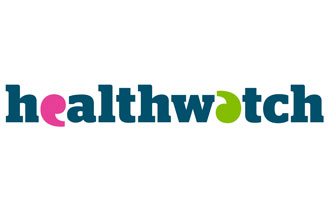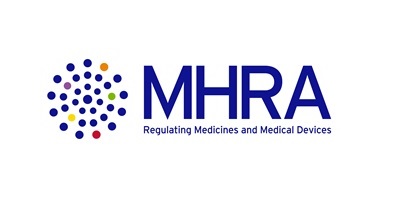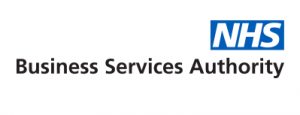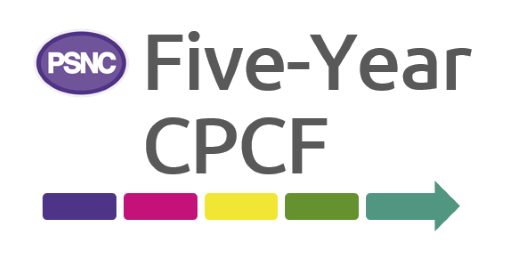IT case study: Leeds pharmacist explains RTEC benefits
Real Time Exemption Checking (RTEC) is a technical solution enabling the PMR system to automatically find out whether a patient has a known prescription charge exemption that can automatically apply to their EPS prescription. In this case study, David Broome, a pharmacist and pharmacy contractor from Leeds outlines how RTEC helps his work and contributes to a more paperless process within the pharmacy.
Use of RTEC
The team at Stancliffe Pharmacy have been using RTEC since early 2019 and David’s overall view is:
“In a busy pharmacy environment, RTEC has been a real asset for my team. It has saved us and our patients in dealing with copious amounts of paperwork, as well as reducing our printer ink costs and the likelihood of prescription switching. It has been invaluable. I’d recommend all contractors make the swap to RTEC as soon as they and their supplier can.”
The benefits
David found that RTEC usage at the pharmacy has:
- reduced the risks of inadvertently submitting EPS prescriptions with a paid status when the category should have been exempt;
- enabled a vast reduction in the number of EPS tokens which have to be printed, completed by patients and then sent to the NHSBSA;
- provided a more efficient digital process for pharmacy staff, reducing the time spent helping patients complete declarations, checking physical evidence of exemption status and sorting tokens for submission to the NHSBSA;
- reduced the risks of patients misunderstanding their exemption status and inadvertently receiving a penalty notice as a result; and
- increased convenience for patients, as there will be less need for them to provide physical proof of exemption from prescription charges and during the course of pandemic reduced infection control issues where handling mobile phones / documents.
Useful learning points for other pharmacies
- Review training materials at the time of going live – including any system specific guidance;
- once you start using RTEC, this leads to less use of any locally-held records of information about patients’ NHSBSA exemptions; and
- look out for future RTEC enhancements, such as the inclusion of DWP exemptions. A small number of pharmacies are already piloting DWP exemptions, including Stancliffe Pharmacy.
Possible improvements to prescription processing
Even with RTEC in place, David explains that pharmacy contractors are still required to send some paper EPS tokens to the NHSBSA, such as when the patient pays; in his roles of Vice Chairman of the Community Pharmacy IT Group and a regional representative for PSNC, he is pushing to get these rules changed to reduce the amount of paper that pharmacies have to handle.
How can your pharmacy start to move to a more paperless operation?
You could start by considering the following:
- Register for RTEC, using the NHSBSA’s Manage Your Service (MYS) portal, if you have not yet done so to receive the feature without delay once your PMR can roll it out (the majority of pharmacy contractors have already done this).
- Learn about the features available within your system and try to fully utilise more of these to improve your processes and patients’ outcomes.
- Provide feedback to your PMR system supplier on any system enhancements which would help reduce the use of paper in the dispensing process.
- Consider the ways that new approaches to use of IT may optimise processes and reduce the need for paper, including use of handheld mobile devices and access to WiFi.
- Consider introducing a ‘bring your own device’ policy.
- Download electronic Schedules of Payment and electronic Px reports each month for your records and to help with analysis of your business.
- Submit your monthly FP34c electronically using MYS (over half of contractors are already doing so).
- Use backup solutions for digital documents on your local computer (in case the computer fails).
- Transfer paper documents you receive into a digital format for storage, using a flat bed or other scanner.
- Support local campaigns that seek to replace fax use in health and care organisations by using NHSmail and alternative electronic options.
- Get access to your NHSmail in the Outlook mobile app on your phone, so that you have the option to be notified if a new email arrives in your shared pharmacy mailbox.
Share your experiences
PSNC and the Community Pharmacy IT Group would like to hear about your experiences of the journey towards paperless operations. Contact it@cpe.org.uk if you would like to provide feedback or take part in piloting paperless operations.
Further information
Going paperless (PSNC guidance)









